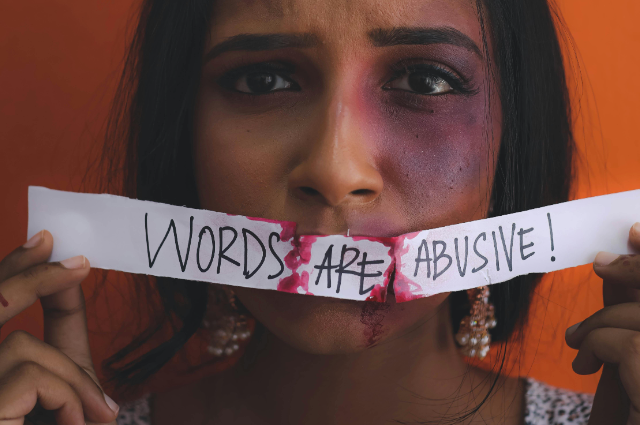
Patriarchy is a societal framework that promotes and rewards men for benefiting from the exploitation and oppression of women, compelling women to accept their subordinate status. It also pressures men to neglect their emotional well-being and conform to prevailing hypermasculine ideals. Unfortunately, this institution is widespread and influences the behaviours, attitudes, and perceptions of people across various class, religious, caste, and ethnic backgrounds.
For many years, violence was primarily seen as sexual and physical abuse, while other forms, particularly domestic abuse against women, were often accepted as normal within society. This normalization occurred due to the deep-rooted power dynamics established by dominant structures of class, caste, patriarchy, and religion. Power, according to Weber, is defined as the capacity of certain individuals or groups to enforce their will on others, regardless of resistance. Various types of authority exist, but the normalization of violence has been facilitated by the widespread acceptance and legitimization of traditional authority. Patriarchy and its institutions have permeated all areas of social interaction, reinforcing societal norms and judgments about what is considered normal. This framework has not only validated the subordination of women but has also led to their continual exposure to different forms of violence and abuse as part of their daily .
This institution has negatively impacted not just women but also men by legitimizing hypermasculine traits and behaviours. It has normalized and even encouraged men who display outdated notions of strength, which equate to violence and aggression. Expressing emotions has been associated with being effeminate, leading to bullying, abuse, and harassment of men who do not fit this mould. The reinforcement of the patriarchal structure has resulted in the subordination and oppression of men as well. Women’s awareness of various forms of violence may have grown due to greater access to video and audio content on online platforms, facilitated by the widespread availability of affordable smartphones. Although the push for profitability in the smartphone market has increased availability in rural areas, this has not always translated into equal access for both genders.
Nonetheless, the availability of smartphones has allowed women to engage with these devices during their limited free time, despite their gender-specific responsibilities. This access led to increased awareness among the communities. Additionally, the organization's ongoing efforts in these villages, combined with discussions about gender-based discrimination and violence, helped women recognize various types of violence and abuse beyond just physical and sexual harm. Although they now acknowledge these different forms of violence, their roles within a patriarchal society and their social conditioning have left them unaware that their homes can be places where inequality is created and sustained, where patriarchal norms are accepted as routine, and where multiple forms of violence are perpetuated.
Although women recognize that different types of violence, including domestic and emotional abuse as well as limitations on their freedom and access to economic resources, occur within the household, none of them identified their home as an unsafe environment when asked about dangerous places in the village. A study supports this by showing that nearly 99.1% of women in the country do not report sexual violence inflicted upon them by their husbands. The widespread perception of home as a safe refuge has led women to overlook it as a location where violence and inequality are perpetuated
This idealization stems from valuing kinship bonds as sources of comfort, affection, and trust, where individuals can share personal information openly. The concept of home as a sanctuary has contributed to the establishment of traditional gender roles and the normalization of domestic violence. Even though individuals experience violence and abuse in what is considered a 'haven,' they do not perceive it as unsafe or feel the need to seek protection from it. To effectively combat domestic violence, it's crucial to raise awareness among both women and men about how homes can reinforce and perpetuate inequality. Without this understanding and dialogue, the chances of eradicating domestic abuse are slim. Women can seek protection from relevant authorities only when they acknowledge the abuse occurring within their homes, challenging the patriarchal notion that these spaces are safe when, in reality, they often lead to neglect, subordination, and abuse.
. . .
